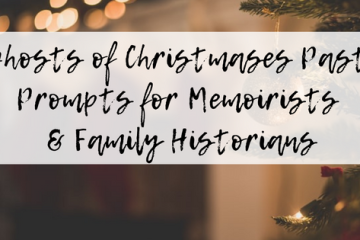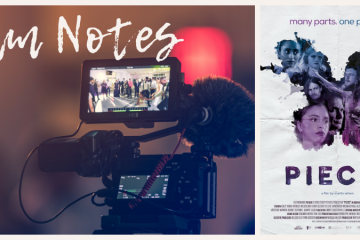Today is September 11, or 9/11 as it is often known. Many of us still recall hearing, with shock and disbelief, that planes had flown into the World Trade Centre on this day in 2001. Every year the media ensures we remember. For the families of those killed, how can they forget?
But there is another September 11, one which occurred 28 years before the terrorist attacks on American soil, and with just as many casualties.
On 11 September 1973, in Santiago, Chile, General Augusto Pinochet led a military coup that overthrew, and killed, the country’s president Salvador Allende. This was the beginning of a 17 year reign of terror over this South American country. During that time 30,000 people were imprisoned and tortured, and more than 3,000 were killed or ‘disappeared’.

Last year was the 40th anniversary of the coup in Chile. But while we were reminded once again of the 2001 terrorist attacks , there was little media coverage of that other September 11 here in Australia. And yet those who suffered under Pinochet also deserve commemoration – to bear witness to their pain and to remember those they lost.

Picture this
Imagine returning home from a seemingly normal school day to hear the voice of your country’s leader on the radio telling you, ‘This is certainly the last time I shall be able to speak to you.’
Imagine watching men shooting from factory roofs near your home, of looking on as a helicopter seemingly loses its balance and disappears beneath the skyline.
Imagine burning precious books because it is safer than being caught with them in your possession.
Imagine the roar of planes, the whistle of rockets, and explosions as fighter jets release ammunition over the presidential palace. Smoke and flames pour out through windows and gaping holes in the roof.
Cecilia’s story
My friend Cecilia will never forget these sights and sounds of 11 September 1973. Then a fourteen-year-old school girl, her world would never be the same again.
‘It represented a war zone, not my Santiago.’
Cecilia endured oppressive fear and witnessed the atrocities of Pinochet’s dictatorship for 14 years before she and her husband-to-be were offered political asylum in Australia. She had less than three weeks to arrange a wedding and pack her life into a single suitcase.
She and her husband left a country ruled by fear and loss of personal freedom, for one with much freedom but without their tight-knit community and extended family. Initially, they knew nobody and couldn’t speak the language. Supermarket shopping involved guessing whether she was buying salt or sugar because she was unable to read the packaging. Cecilia arrived with no formal qualifications but could (and still can) fix anything, skills learned as her father’s apprentice in the years following the coup. And she holds other valuable qualities forged in difficult times: compassion, kindness, generosity and reaching out to others regardless of your own circumstances.
Cecilia has become a dear friend and mentor. She has offered support through my own struggles, and challenged me about the ideas of freedom, family and community. Cecilia may consider herself to be fortunate to be granted refuge in Australia, but I believe our country is lucky to have her.
So this year, as we continue to acknowledge those lives lost in 2001, may we also remember the other September 11, the day when the lives of ordinary Chileans changed forever.




Thank you for sharing this. I had not known about this and had I not read your post I probably would never have. Good wishes to you and your friend Cecilia.
Thanks for reading it, and for your good wishes. I didn’t know about the other September 11 either until I met Cecilia.